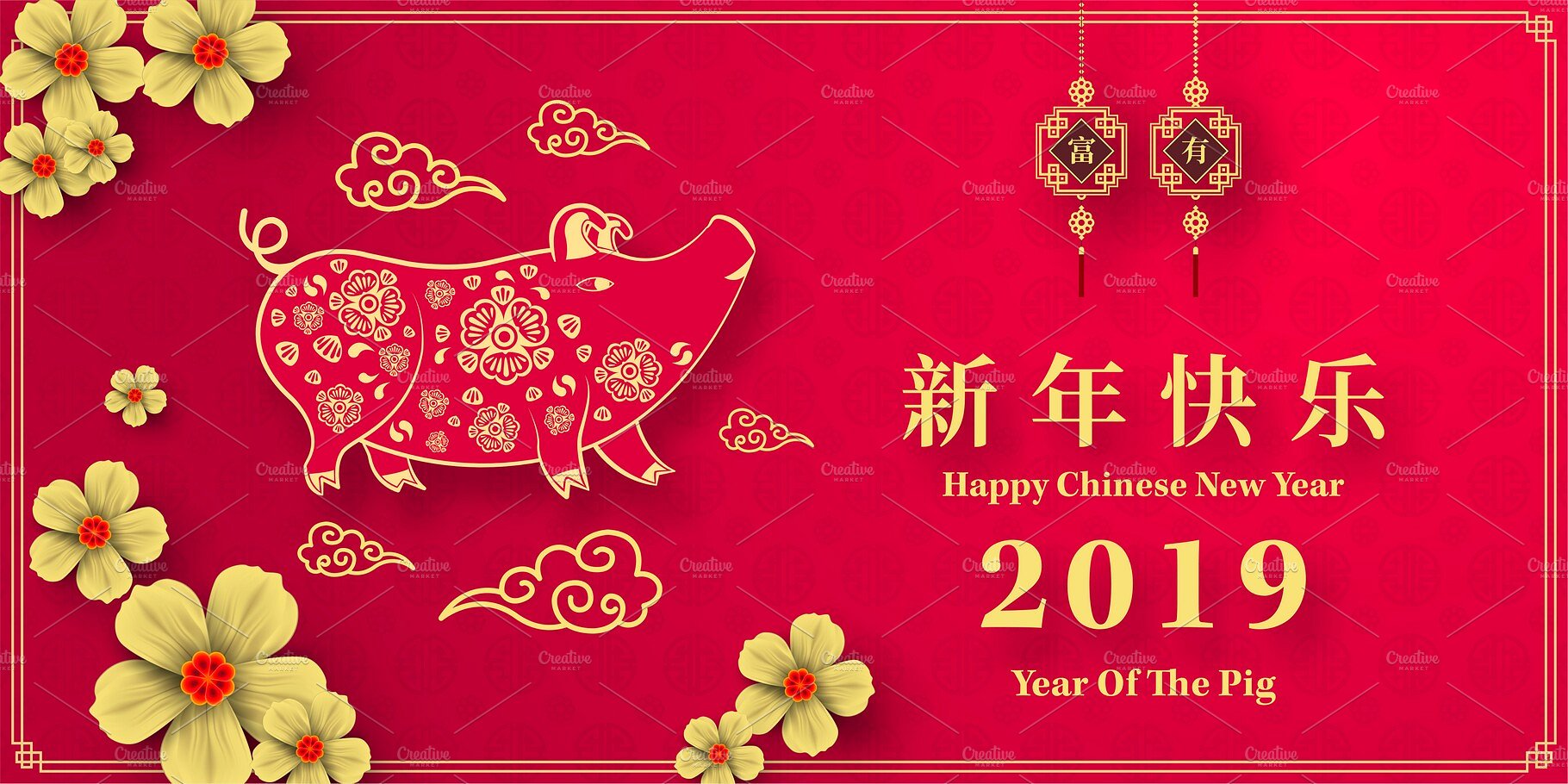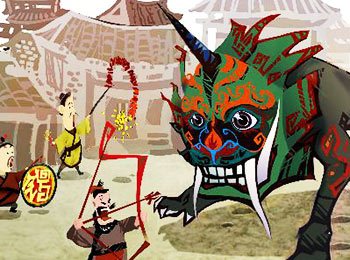2019 is the year of the pig! This year, Chinese New Year was on February 5th. During this time, there are many traditions and superstitions that are followed when celebrating the new year and welcoming good luck and fortune.
Public Celebrations
In many large cities and Chinese communities, traditional performances can be seen, often times in the streets. Dragon dance, lion dance, and traditional Chinese dances are the most popular performances during the New Year. City parks and temple fairs are especially bustling with these performances.
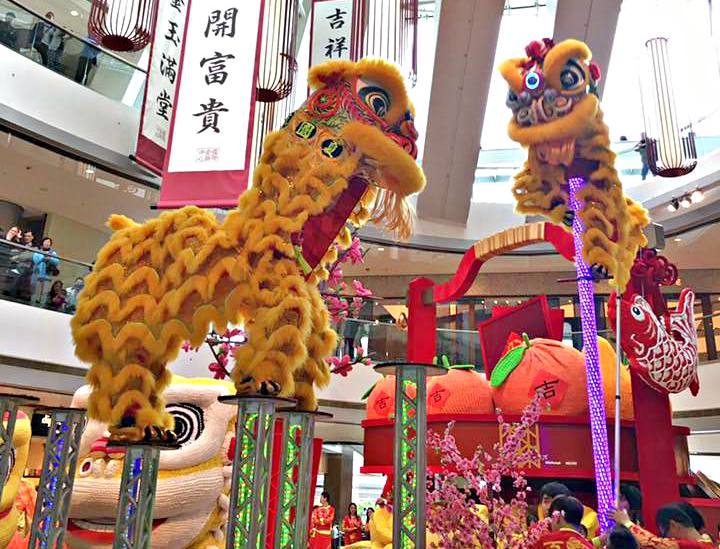
Family Dinner
Chinese New Year is a time for families to get together. People often travel back home to celebrate the festival with their families. The New Year’s Eve dinner is called ‘reunion dinner’, and is often thought of as the most important meal of the year. Maintaining strong and healthy relationships in families are important aspects of Chinese culture. Family is extremely valued, so it’s easy to see why this family reunion dinner is taken so seriously during Chinese New Year. It is usually tradition to host this dinner the week before the day of the New Year. Then, on New Year Day, the very first meal one eats should be vegetarian.

Red Decorations and Envelopes
The most common New Year gifts are red envelopes. Red envelopes have money in them, and are believed to bring good luck because they are red. They are often given to children and seniors.
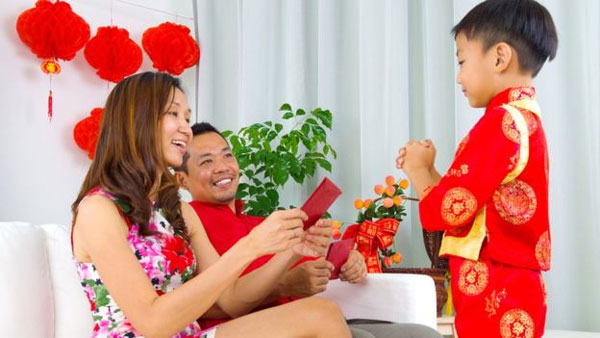
Every street, building, and house where Spring Festival is celebrated is decorated with red. Red is the main color for the festival because it is believed to be an auspicious color. Red Chinese lanterns hang in streets; red calligraphy papers are pasted on doors; banks and official buildings are decorated with red New Year pictures showing prosperity.
The Story of Nian
The lucky color of red can be traced back to an ancient tale about the Nian monster. Nian emerged from the ocean to destroy and devour villagers. This monster was large, ugly, and fierce. It lived in the water and although no one truly knows what it looks like, it is said to resemble a dragon with sharp horns on its head. Every New Year’s Eve, Nian would emerge from the ocean and eat the villagers. People were frightened, so they locked their doors or hid in the mountains. One wise old man with a long beard (long beards often symbolize wisdom in Chinese culture) who lived in the village decided to stay in his home to fight off the monster. At midnight on a moonless and cold night, Nian appeared in the village. When he reached the old man’s house, it found red paper on the door and every room brightly lit. Then, a crashing sound of thunder was heard from the courtyard. From all of this, Nian trembled with fear. Wherever it went, it was forced off by the loud noises.
Then, the old man walked out, dressed completely in red. Nian quickly fled and disappeared. When the villagers returned to their homes, they asked the old man what magic he had used to drive the monster away. The old man replied, “I didn’t use any magic. I just know that Nian is afraid of red, light, and thunder.” Since then, people have kept the tradition of beating drums, lighting firecrackers, wearing red clothes, gifting red envelopes, and hanging red paper around the house. This is why we have lion and dragon dance celebrations every new year celebration — to rid of the evil and despair that Nian brings.
Taboos
There are also many things that one should restrict from doing during the new year celebration to ensure that fortune and happiness will continue.
Cleaning
The day before the new year, all the cleaning should be done. This is to sweep away the bad luck and keep a clean house to welcome the gods. Though on the day of Chinese New Year, cleaning or throwing out garbage will sweep away good luck instead. It is also a belief that washing your hair on this day will wash away all the good luck.
Negative Words
All words with negative connotations are forbidden! These include: death, sick, empty, pain, ghost, poor, break, kill and more. This is to prevent jinxing yourself and bringing those misfortunes onto you or your loved ones.
Breaking Things
Breaking things will break your connection to prosperity and fortune. If a plate or bowl is dropped, immediately wrap it with red paper while murmuring auspicious phrases. This asks for peace and security every year. 岁 (suì) is also a homophone of 碎, which means “broken” or “shattered.” After the New Year, throw the wrapped up shards into a lake or river.
Debt or Borrowing Money
Repaying your debt before the new year arrives allows everyone a chance to celebrate without any worry. If you demand repayment from others, you’ll bring bad luck to both. One should also not borrow money on the new year day or they could end up having to borrow money for the entire year.
Certain Gifts
Some gifts are also considered taboo during the new year. Clocks are the worst gifts, since the Chinese character for “clock” is a homophone of paying one’s last respects. “Pear” is also a homophone of separation and they are often gifts given at funerals.
Happy Chinese New Year! Hope your new year is filled with good luck and fortune!
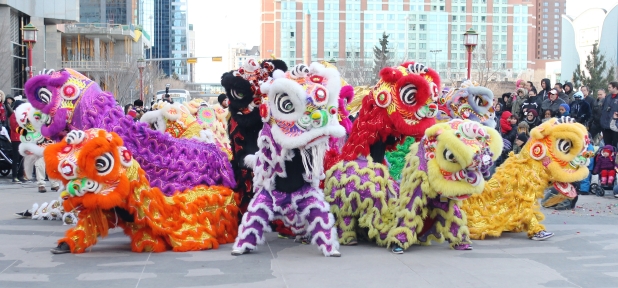
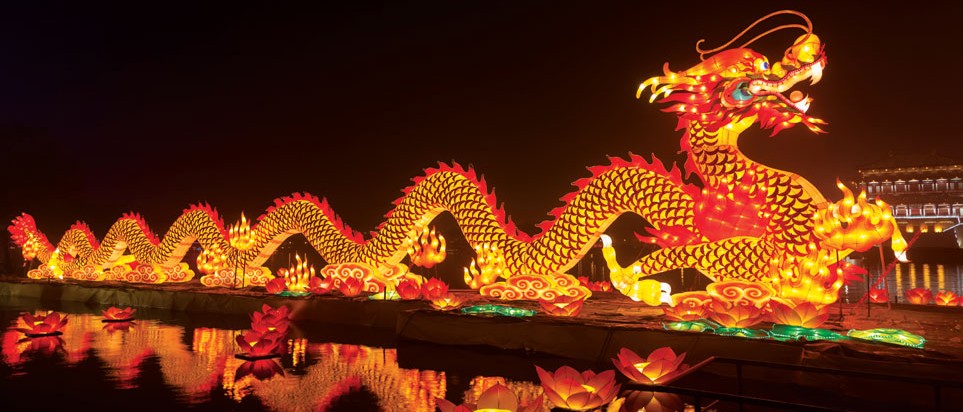
Featured Image from Ethiopian Gazette
